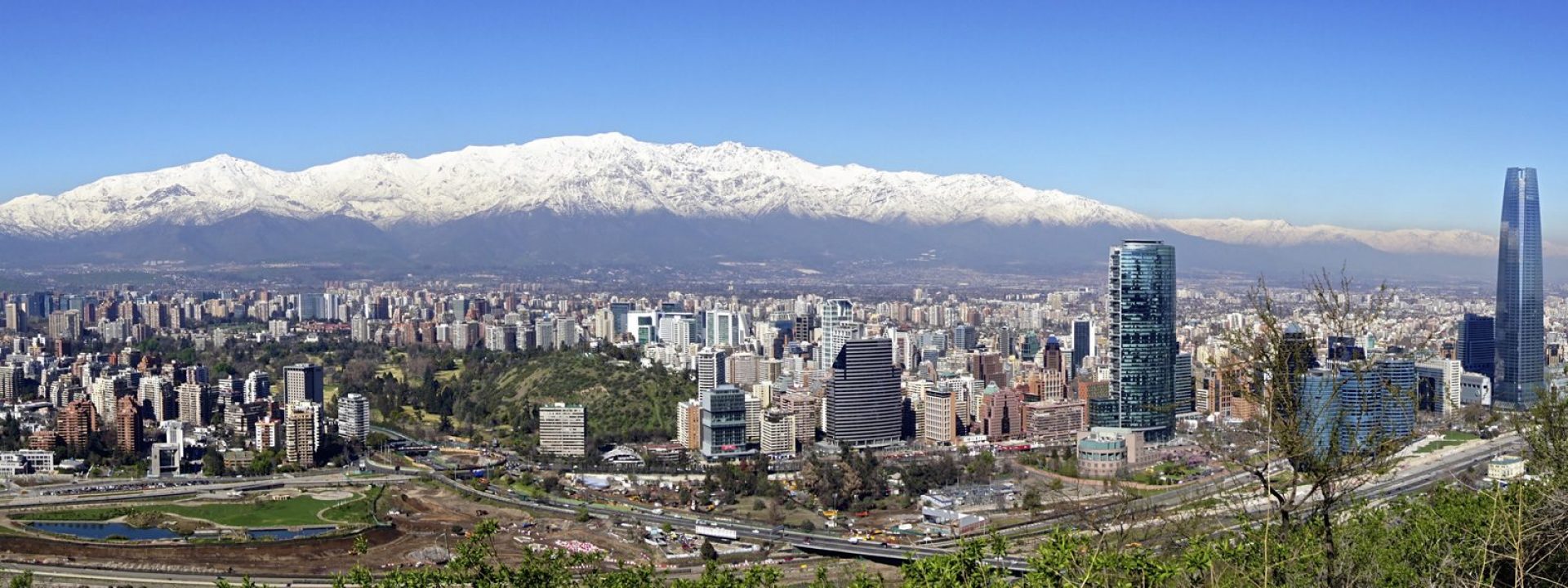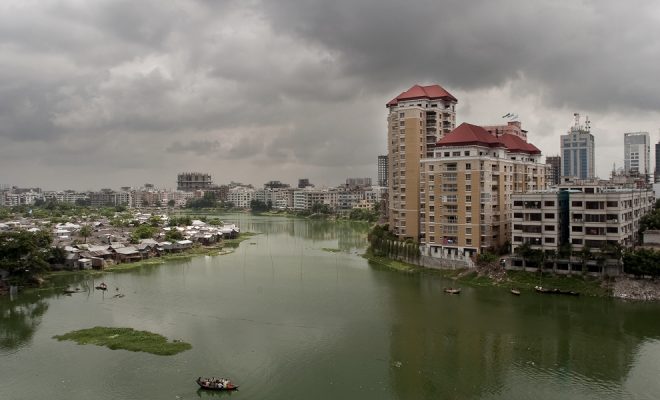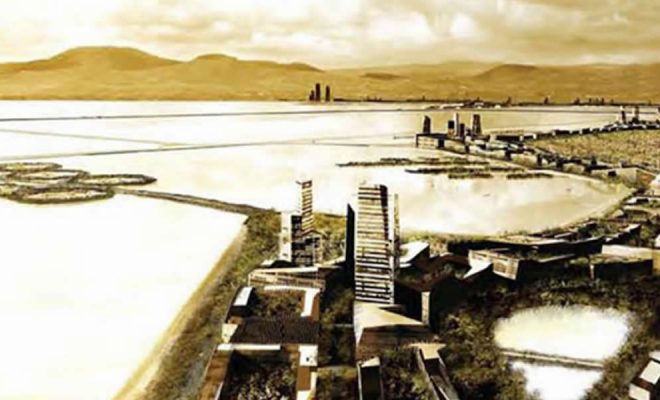“Latin America faces great challenges and huge potentialities, but it all depends on water. This is the top priority to face the future.” This was the start of the conference “Political action in the water crisis in Latin America”, given by Sergio Bitar as part of the series of conferences Water and metropolis, organized by the We Are Water Foundation and Casa Amèrica Catalunya, which took place at the Roca Barcelona Gallery on May, 4th. The Chilean engineer and politician, former Minister of Mining and Education during the administrations of Salvador Allende and Michelle Bachelet respectively, is the director of the program Global Trends and the Future of Latin America of the Inter-American Dialogue, and president of the Foundation for Democracy.

Bitar is one of the most important Latin American promoters of shared strategies between the public and private sectors in order to guarantee the right to water and its efficient use. He described Latin America´s current situation in view of the great socio-economic trends, such as the appearance of new technologies or the unquestionable power of natural resources as wealth generators. These factors coexist with the huge and unequal demographic growth around the world, the unstoppable evolution of large cities, the menace of climate change and the unavoidable citizen empowerment, which is a key factor for the success of any sustainable strategy.
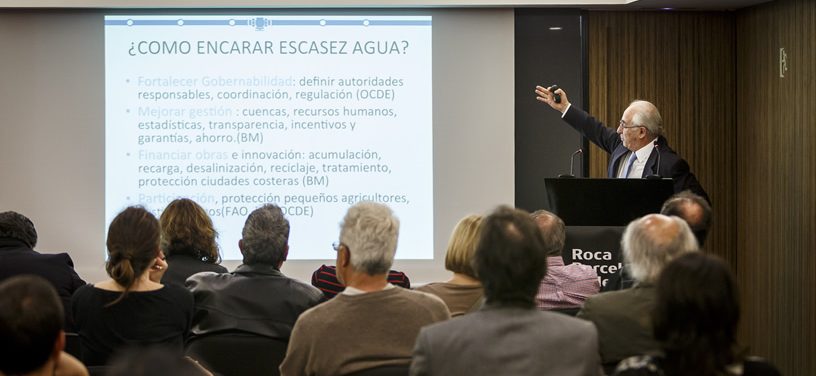
Sergio Bitar, during the conference, at the Roca Barcelona Gallery.
Latin America depends on water more than ever
The former Chilean minister clearly explained which are the governance, management and funding challenges Latin American countries are facing and the importance of achieving the participation of citizens, especially that of small farmers who are essential in regard to water.
The first one would be the high degree of urbanization that reaches 80%, the highest in the world, which generates water management problems in large cities: “Mexico, Sao Paulo, Rio and Lima have recently had serious problems of water scarcity, being cities located in countries with a tremendous water potential, like for instance the Amazonian area of Peru and Brazil. In Chile, for example, we have the southern areas that have 1000 times more water per inhabitant than the northern ones. Water is very poorly distributed in Latin America.”
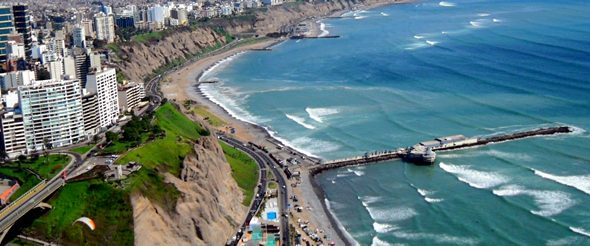
©James C.
Lima. Perú
Secondly, Bitar pointed out the special situation of Latin America in a world food market that leans towards the Pacific due to the constant increase of the demand in China, India and the rest of economies with emerging middle classes. “Agricultural products are great consumers of water,” he declared, “but if there is no improvement in the productivity, where will we obtain water from if the demand increases as planned? Latin America needs to make a tremendous effort in the management and governance of water, in the efficient use of crop fields and in biotechnology to face this new market.”
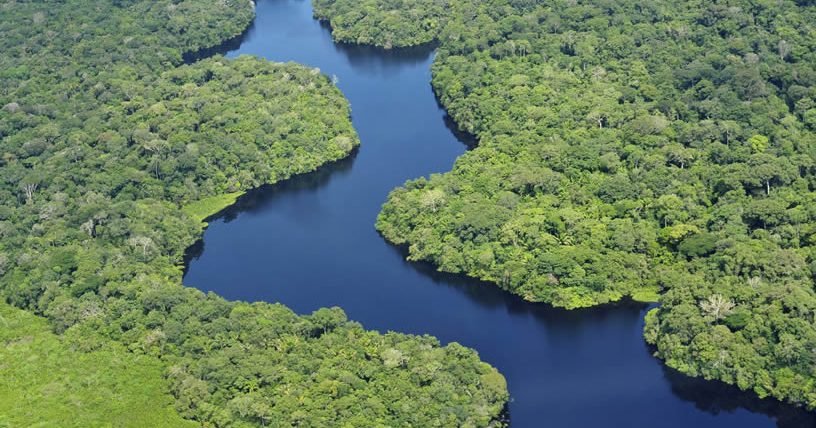
©Neil Palmer (CIAT)
Aerial view of the Amazon Rainforest, near Manaus, the capital of the Brazilian state of Amazonas.
Facing climate change
Bitar, who received the award “Engineer 2016” last year, an award presented by the College of Engineers of Chile, went on to describe the problems in his country, which faces, as all other Latin American countries, the great menace of climate change. The warming is especially visible in the Andean mountain range: “We are experiencing an increase in temperature that has led the isotherm 0º to climb up to an altitude of 3000 meters. This has caused the disappearance of the snow reserve that gradually supplied cities with the thaw; and the water, which used to descend in days, now does it in hours when it rains, causing very violent flooding that obliges us to redesign the bridges and piping systems.”
Climate change directly menaces Chile with droughts and flooding and it is one of the factors causing greater uncertainty in regard to the attainment of economic goals as it compromises the use of water and increases violent phenomena. “We have created a research team on natural disasters,” Biter explains. “Chile is a very advanced country when it comes to earthquake disasters, but the floods and fires are new to us: we had one of the biggest fires in the world last February, which charred 600,000 ha of forests. We need to advance much more in prevention.”

©Diego Delso
Typical landscape in the Atacama Desert, the most arid site in the world, near Calama, northern Chile.
Constitutional changes and essential institutions
In order to ensure that Chile continues moving forward, Bitar considers a constitutional and institutional change, an improvement in the productivity in regard to water and the investment in projects and research as essential measures. He mentioned some of these projects such as the transfer of excess water from the rivers in the South to the arid areas in the North or desalination plants fed by solar power. He also pointed out the importance of projects for the recycling of water that will be decisive in all Central and South America.
According to Bitar, the Latin America country finds itself at a crucial moment in regard to water, after the privatization process carried out during the last dictatorship: “Water is a human right that the State and society need to guarantee. Right now, in Chile, we are concerned about a problem that no one had even considered before: The State hands over this right as a renewable license and the debate we have is rather complex: What should be the conditions to be applied to these licenses and what power would the State have to prioritize human consumption in case of crisis? We are working on this and it is not easy, as many times the rights that are handed over exceed the available water.”
The Chilean expert indicated that, exactly as in Spain, there is great institutional dispersion in the water issue in Chile: “The country has 101 basins and needs from different sectors: mining, industry, agriculture… Who decides? Who coordinates? An institutional change is needed to coordinate the multiple voices that participate in the determination of the water needs.”
Bitar concluded by highlighting the importance of public awareness in all processes related to water: “It is essential that citizens know that water is a human right, they need to be aware of the importance of water for their homes, for agriculture and for the development of the society they live in. Only in this way will we be able to continue researching and finding new solutions.”
In order to find out more about the work of Sergio Bitar you can access his study World trends and the future of Latin America.


